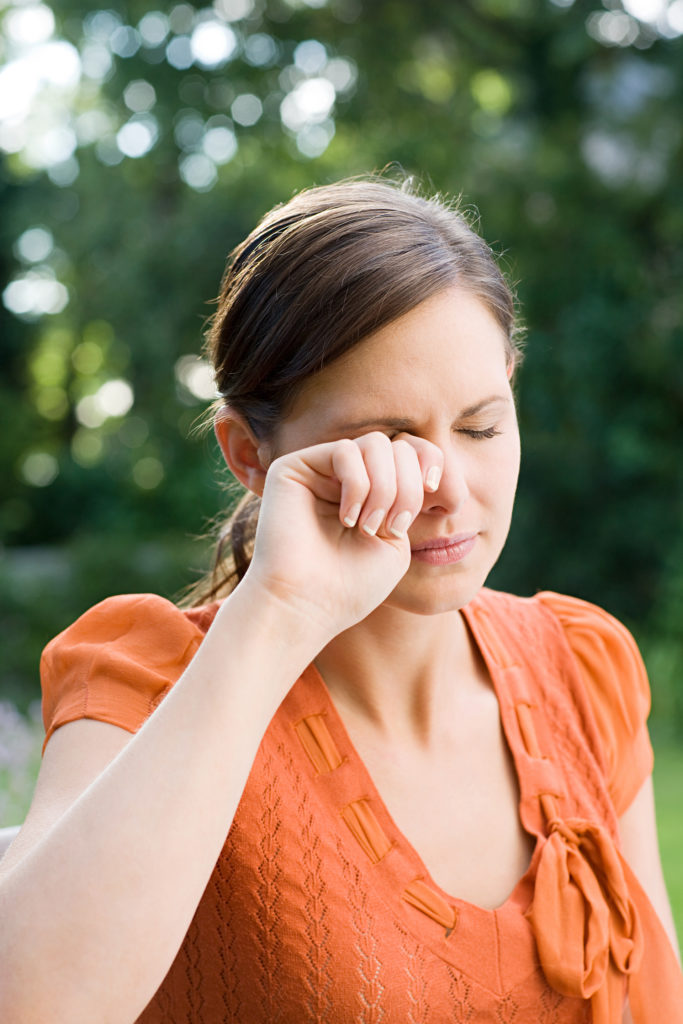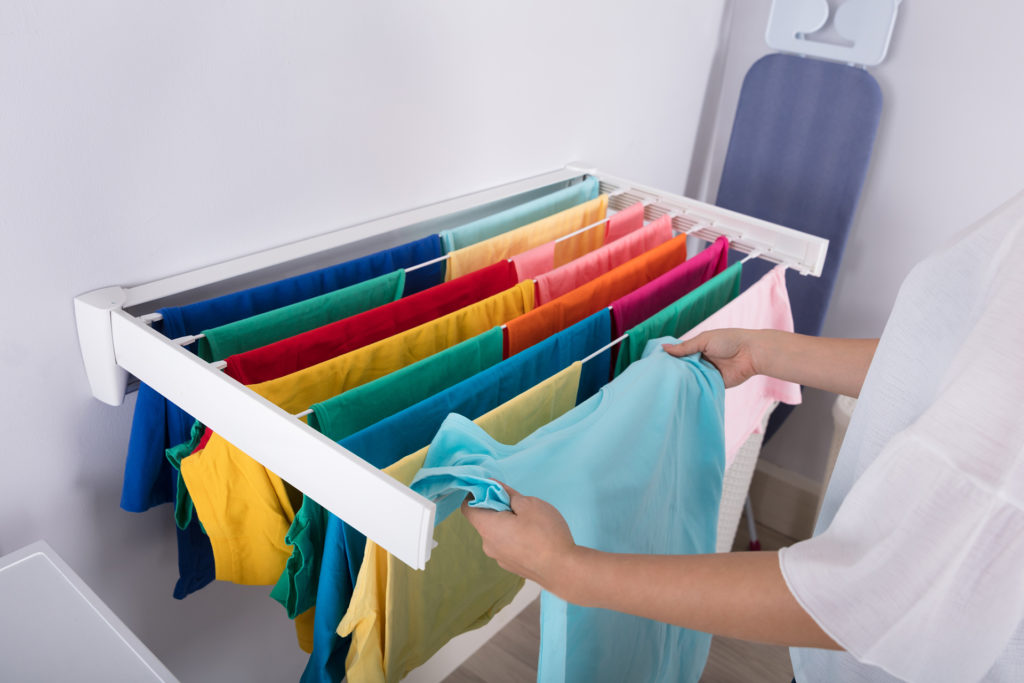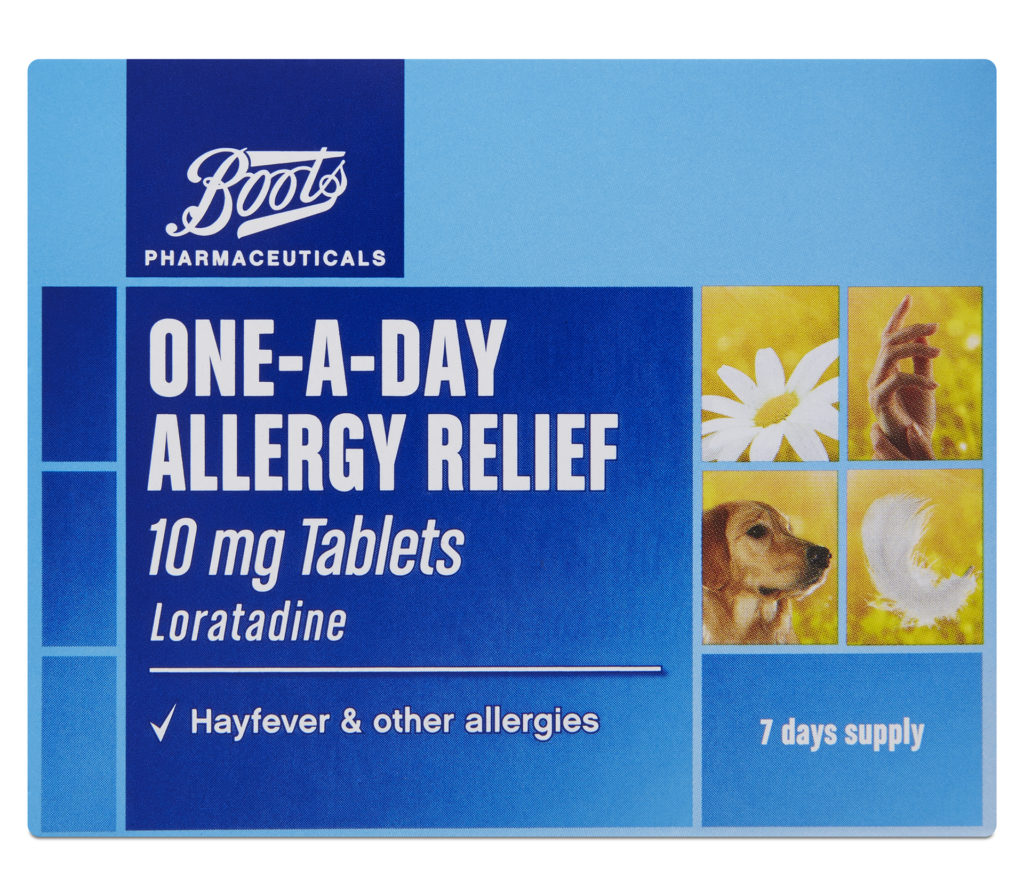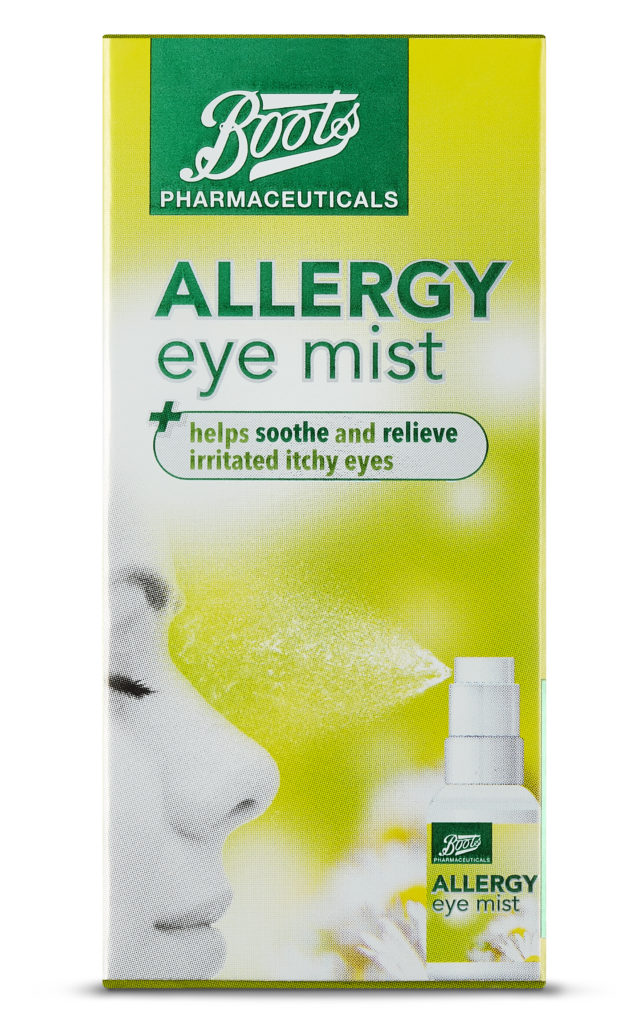Keep Your Hay Fever At Bay!
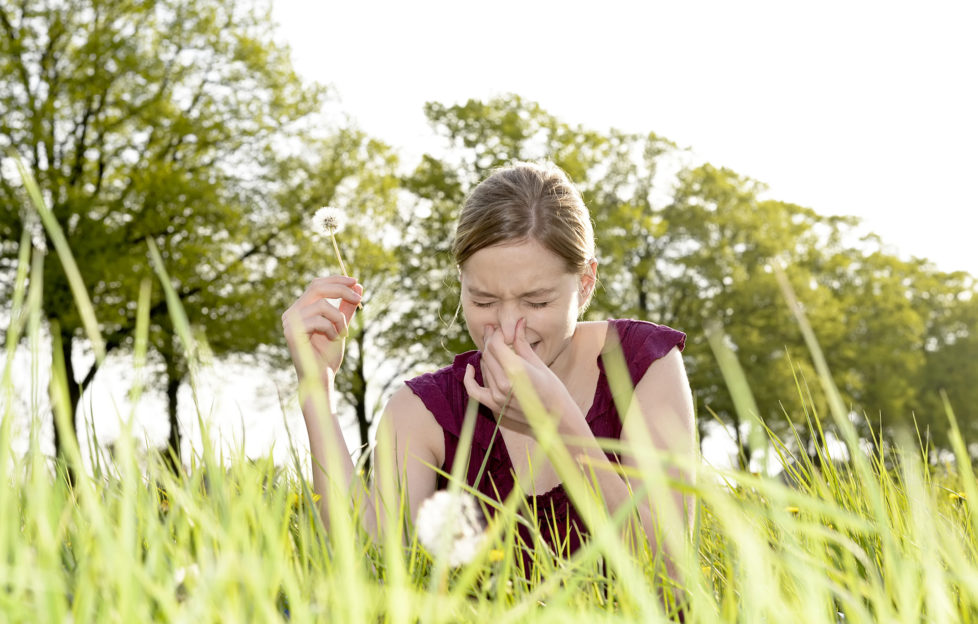
Whilst the start of longer, lighter days and warmer weather is enjoyable for most, for the one in four people affected by hay fever in the UK, the onset of summer can unfortunately mean watery eyes and itchy, streaming noses. Boots UK can help you prevent and manage those pesky hay fever symptoms, with a wealth of knowledge, tips and a simple three step product guide to help you keep feeling your best throughout hay fever season.
Natalie Masters, Boots Pharmacist says: “Hay fever occurs when the body has an allergic reaction to pollen, with the most common symptoms being sneezing, a runny nose and itchy, irritable eyes, with some people even experiencing headaches, earaches and fatigue. An uncomfortable condition, hay fever can really impact your experience of the spring and summer months. Luckily, there are practical steps you can take and products you can use which can really help to manage your hay fever. Here’s the information you need to know to understand your hay fever and how best to tackle it.”
What is hay fever?
Hay fever is a common condition caused by an allergic reaction to pollen. Pollen is the substance released by flowering plants, grass, weeds and trees as part of their reproductive cycle and can cause irritation to the nose, eyes, throat and sinuses of those affected.
When is pollen season?
There are three types of pollen which cause hay fever, with each type more prevalent at different times of year:
- Tree pollen – late March to mid-May
- Grass pollen – mid-May to July
- Weed pollen – end of June to September
Who is affected?
Anyone can be affected by hay fever and it can be triggered at any age, but most commonly begins in childhood and during the teenage years. You’re more likely to develop hay fever if you have a family history of allergies, particularly asthma or eczema.
Did you know?
Hay fever isn’t always necessarily genetic. Hormone fluctuations experienced by teens, pregnant women and those going through the menopause can impact the immune system and heighten allergic reactions such as hay fever, whilst anyone living in built up cities might experience ‘pollenution’, the combined effect of high air pollution and pollen, estimated to affect up to 9 million people in the UK. Research commissioned by Boots UK found that a huge 89% of hay fever sufferers don’t realise their hay fever symptoms can be worse in the city than in the countryside due to ‘pollenution.’
Know your weather
Make sure to monitor the pollen forecast so you can be prepared for high pollen days. Often this is covered on national and regional weather forecasts, otherwise, you can go online and check the Met Office website, where the pollen count is forecast 5 days ahead across the whole of the UK.
Watch the clock
Certain times of day have higher pollen levels, typically the first half of the morning and later in the afternoon and evening. If the pollen count is high, try to avoid going outside during these times of day and keep your windows shut to stop pollen coming in.
Be prepared
If the pollen count is high and you can’t avoid going outdoors, there are steps you can take to help prevent pollen from entering your body. Applying a petroleum jelly to the inside of your nostrils will help trap pollen from entering your nasal passage, whilst wraparound sunglasses help to prevent pollen from entering and irritating your eyes.
Do some damage control
Other ways pollen might be making its way into your home is on your clothes or hair. Make sure to dry your washing indoors to prevent it from sticking to your clothes and linen. After spending time outdoors, try showering to wash away any stray pollen on your hair and skin, especially before going to bed.
Three Step Product Guide
If you’re still struggling with the symptoms of hay fever, try following this three-step product guide to help control your hay fever symptoms.
Step One – Ease the Sneeze
Taking allergy relief tablets is one of the most effective ways to relieve allergy symptoms. There are lots of hay fever relief products out there, so if one type of tablet isn’t working for you, consider swapping to another one. If suitable choose products containing Cetirizine or Loratadine, which are antihistamines which combat allergy symptoms without causing drowsiness.
These Boots Pharmaceuticals one-a-day Allergy Relief 10mg tablets (£2.99, 7-day supply) contain Loratadine, which can help relieve symptoms such as sneezing, a runny nose and irritated eyes and skin. Take one tablet daily with a glass of water and always read the label. Suitable for adults and children over 2 years of age who weigh more than 30kg.
Step Two – Nose still Running?
If you’re still struggling with an itchy running nose and incessant sneezing, a steroid nasal spray might provide further relief.
The Boots Hayfever Relief for Adults 50 micrograms/dose Nasal Spray 100 Metered Sprays (£4.59, available on 2 for £5 offer on selected hay fever and allergy relief products) provides powerful relief of sneezing and an itchy, runny nose. Non-drowsy, the spray is suitable for both day and night relief. Just spray two sprays into each nostril twice daily. Once your symptoms have improved, you may be able to reduce the dose to one spray into each nostril every morning and evening. Contains beclomethasone Always read the label.
Step Three – Eyes still Streaming?
Many sufferers get red, sore and itchy eyes when their hay fever flares up. Specific allergy eye products can help to combat these irritating symptoms and refresh the eyes.
To relieve eye symptoms of hay fever such as itching and irritation, consider Boots Allergy Eye Mist, (£9.99), which contains calendula and hamamelis natural plant extracts to help provide soothing relief to your eyes. Hold the spray 10cm from your closed eyelid and spray 1 to 2 times onto closed eyelids up to 3 times a day. It’s suitable to use with all types of contact lenses.



